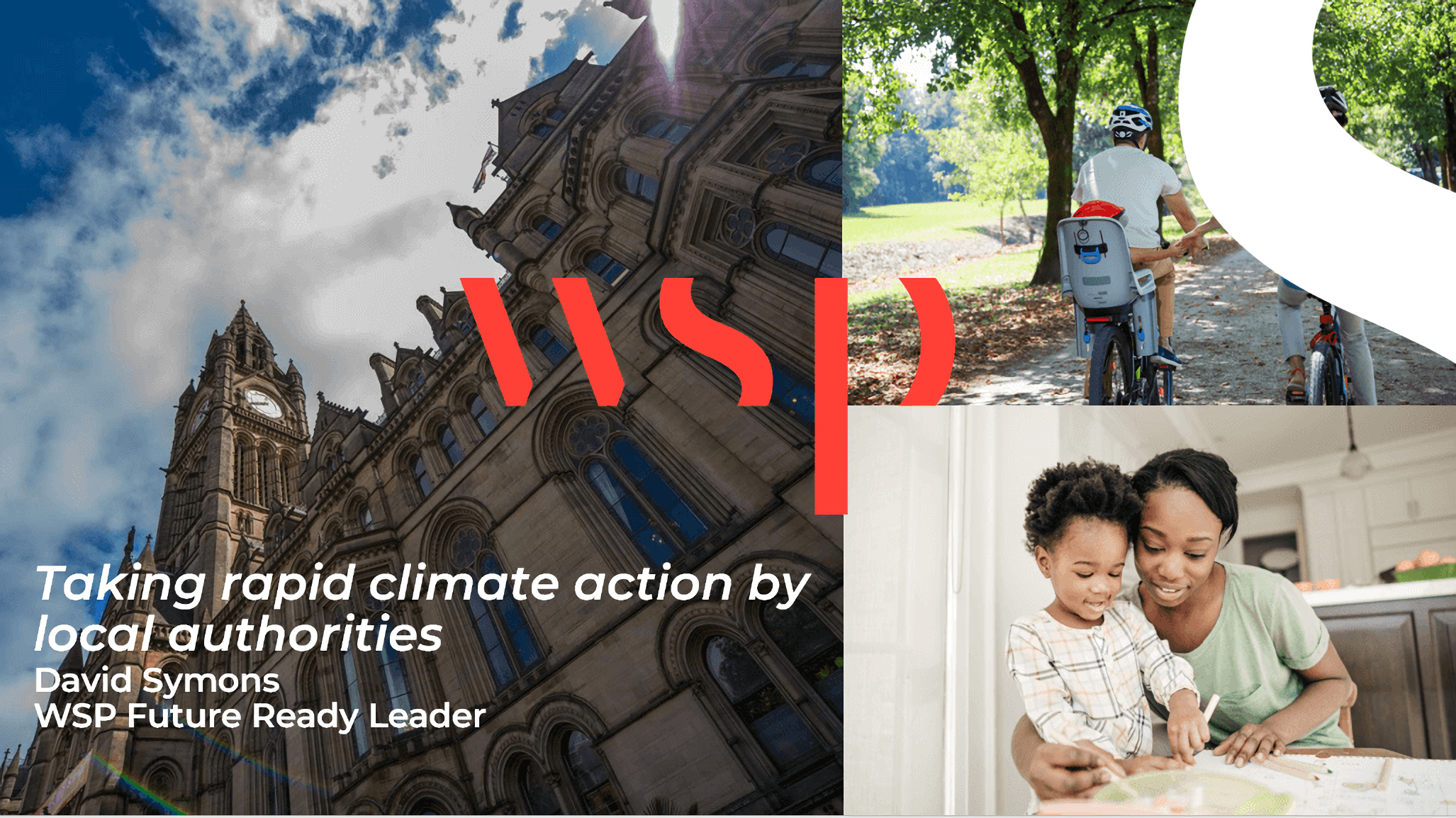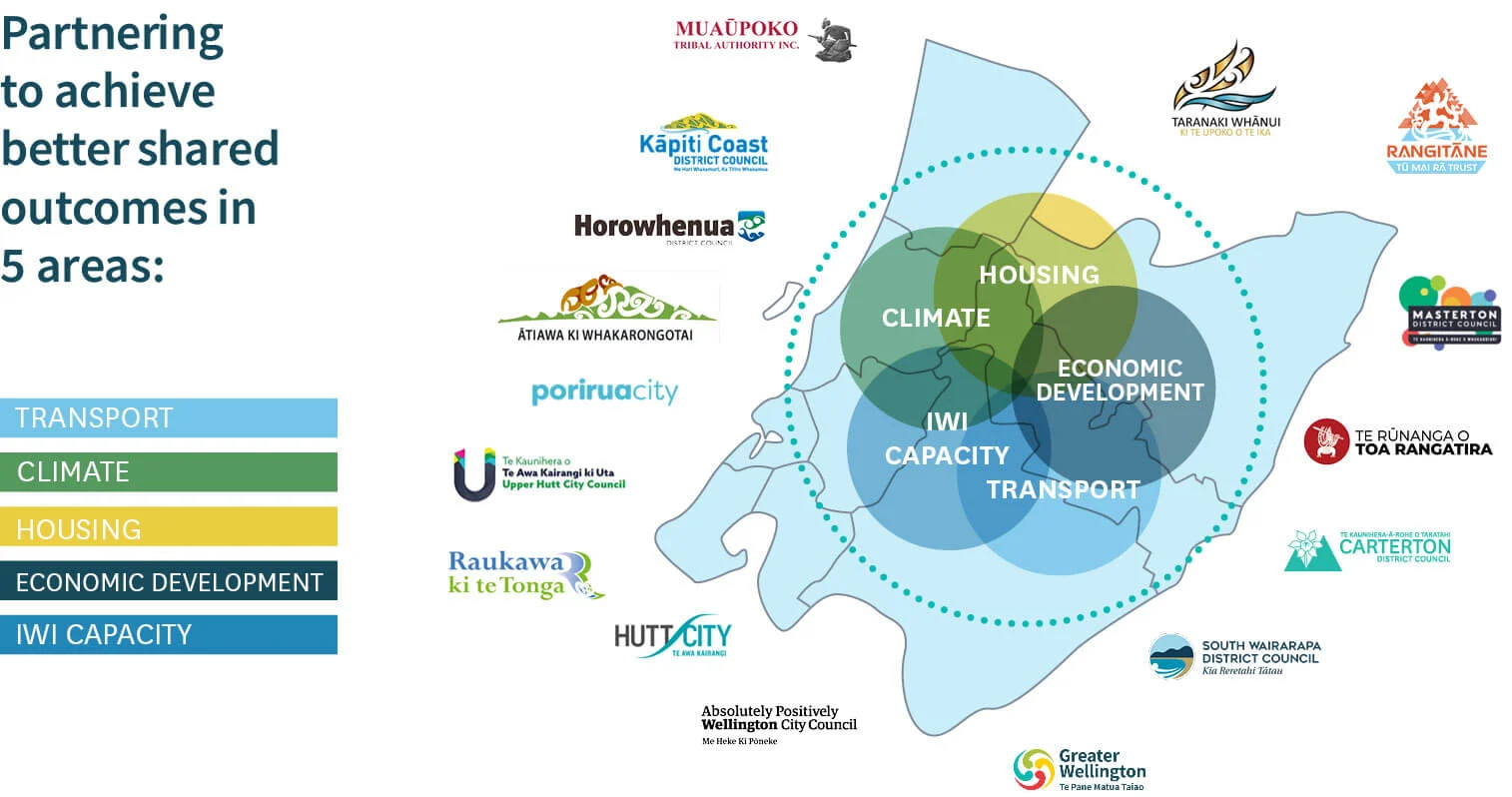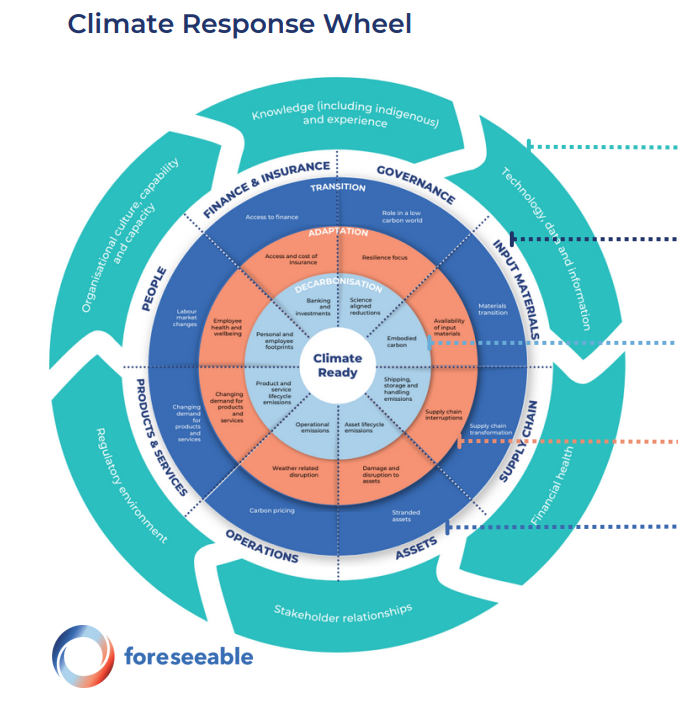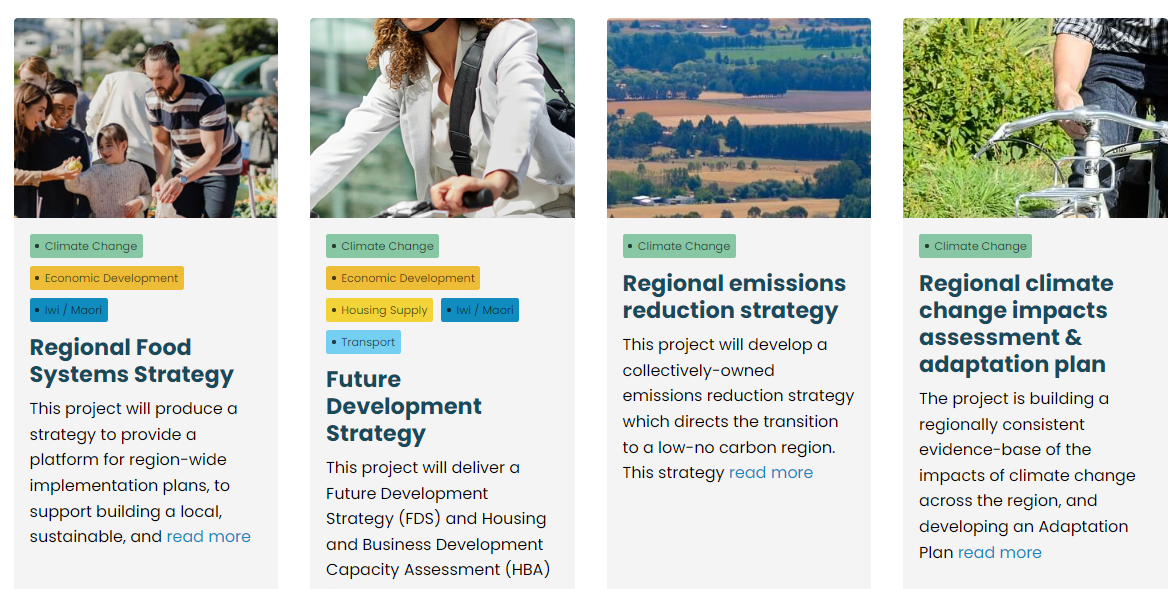In the February pānui | eNews:
-
Rapid Climate Action by Councils – David Symons, WSP
-
Affordable Rental Pathway Funding Available
-
Climate Response Wheel, Karl Check
-
WRLC’s Climate-related projects
-
Industry updates from around the motu:
-
Riverlink update
-
LGWM Update
-
QLDC’s Regenerative Tourism Strategy
-
Putting the S in ESG
-
Rapid Climate Action by Councils – David Symons, WSP Future Ready Leader

On Tuesday 15th February, WRLC and WSP NZ co-hosted David Symons, Director of Sustainability UK, and Future Ready® Global Leader WSP, for a breakfast meeting and roundtable discussion. He shared global case studies and insights from his work in the UK where legislated and rapidly decreasing carbon budgets are driving targeted carbon mitigation. The discussion also enabled the valuable opportunity to deep dive into learnings from Coventry (England, UK) and Clean Growth projects.
David explained and included many interesting examples of the framework that WSP uses with municipalities: ‘Lead, Enable, Inspire’ – three levels of action underpinned by strong strategy.
To view his slides click here.
Thank you to Alistair Allan at WSP for making this event possible.
Affordable Rental Pathway Funding – Ministry of Housing and Urban Development
The Minister of Housing recently announced Round Two of the Affordable Rental Pathway. An additional $100 million grant funding is available to not-for-profit organisations to deliver newly built affordable rental housing. Not-for-profits include community housing providers, Iwi and Māori organisations, councils, and charitable trusts.
Eligibility now extends to developments across Aotearoa, prioritising funding in areas of greatest need for affordable rentals such as places experiencing severe rental stress, population growth and overcrowding.
Organisations Registration of Interest are due between 27 February to 27 March 2023.
This aligns to Objective #1 in the Wellington Regional Growth Framework, to increase housing supply, and improve housing affordability and choice.
Climate Response Wheel, Karl Check
Climate change is a complex topic. How can we really understand how it impacts our work, and how our work impacts the climate?
This document developed by Karl Check, outlines three key workstreams of the climate response: decarbonisation, adaptation and transition.
The Climate Response Wheel has been developed to help with seeing the whole elephant and plan your climate journey.
The Climate Response Wheel can be used in several ways:
-
- As a communications tool to help explain both internally and externally your work on climate change.
- A reporting tool to provide Executive and Board oversight of the status of the various aspects of your climate change work.
- As a planning tool to identify and scope out the programme of work required across the business in order to be climate ready.
Climate change is not the only challenge the world is facing and it is essential to consider how your response to climate change can also help or hinder efforts to address biodiversity loss, tackle inequities and a range of other problems. The Climate Response Wheel does not explicitly include these considerations but they should be factored into your assessment.
Author: Karl Check | Foreseeable.nz
What Climate change related projects are we involved in?
The recent devastating weather events in the North Island this month, have reinforced the importance of actionable plans to improve community resilience, and set us up to go well in the face of a changing climate.
The Wellington Regional Leadership Committee currently has four climate-related projects, linked to below. These projects are all region-wide, applying a big-picture lense to these issues that are shared across the region, to leverage our collective efforts, diverse experiences and understanding. These projects will feature in more depth in future enews.
Find out more about our work on climate-related issues
WRLC’s four climate-related projects include: the Regional Food Systems Strategy, Regional Emissions Reduction Strategy, Regional Climate Change Impacts Assessment and Adaptation Plan, and the Future Development Strategy.
Riverlink Update
Riverlink have released their first update for 2023, outlining plans for the year.
RiverLink (a WRLC CDO project) – is transformational work for Te Awa Kairangi ki Tai (Lower Hutt), which combines flood protection work, Transport Improvements, and urban revitalisation.
Putting the S in ESG
This crucial report by Helen Goulden and Charlotte Healy, explores why reporting of social impact remains so messy, lacking an overarching framework to organise activities which strive toward social outcomes, not inputs and outputs. This report suggests a framework to bring some structure; bring communities more explicitly into the picture, and raise expectations of long-term collaboration on the big issues facing our communities.
LGWM – Golden Mile Work begins
Let’s Get Wellington Moving (LGWM) is also a WRLC CDO project. A key part of LGWM – Wellington’s Golden Mile project is taking a step forward with early works starting, to confirm what lies under the footpath and road, ahead of main construction works later this year.
QLDC Launches Regenerative Tourism Strategy
As announced in the ODT, the Queenstown Lakes regenerative tourism strategy is officially under way after unanimous endorsement at a full council meeting last week. Work now begins on the 23 projects.
View the Strategy Website here
Your thoughts and feedback on WRLC
We’d love to hear your thoughts on which topics, content or events you’d like to see more of, that would best support your work, or that you’re most curious about. Please share your thoughts or any other feedback – via this link.
About the Wellington Regional Leadership Committee
WRLC is a joint regional partnership which brings together Iwi leaders, Mayors, Ministers of Government, and an independent chair, to work collaboratively on cross-boundary, growth-related challenges in the Wellington-Wairarapa-Horowhenua region.
WRLC exists to find better ways of working together to ensure that our region continues to be a place where people want to live, work and thrive.
Our projects cover five broad key areas that are integral to our shared growth-related cross-boundary challenges. These five areas are iwi capacity, housing, climate, transport and economic development and recovery. Read more about our work on our project page, and if you’re interested in collaborating, sharing information and finding alignment – get in touch at hello@wrlc.org.nz.




